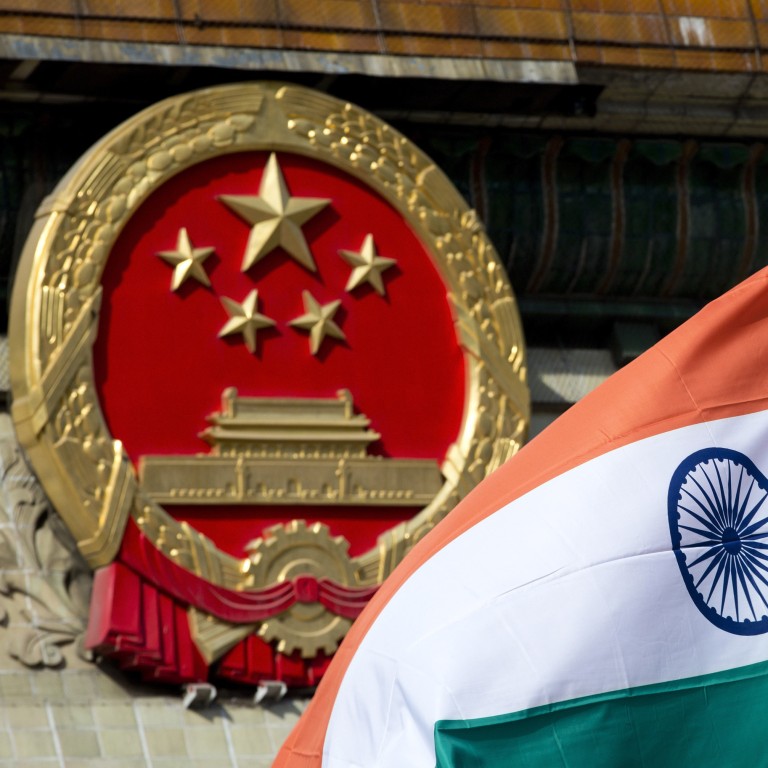
Why India and China should make nice
- As neighbours, rising economic powers and leaders of former non-alignment, the two countries have more interests in common than antagonism
Like China, India is trying to sit on the fence over the Ukraine crisis. In the greater tussle between Beijing and Washington, New Delhi initially tilted towards the West; now it may be having second thoughts. China should now extend the hand of friendship. That was exactly why Foreign Minister Wang Yi visited India last week.
Interestingly, despite Beijing’s anger over the formation of the “Quad” strategic grouping of Australia, India, Japan and the United States, even characterising it as an emerging “Asian Nato”, Wang’s Indian counterpart, Subrahmanyam Jaishankar, said neither the Indo-Pacific nor the Quad was discussed during their talks. Beijing clearly sees an opportunity to break the deadlock between the two countries since the brutal hand-to-hand combat between troops from both sides along a section of the so-called Line of Actual Control in eastern Ladakh in 2020.
While that has remained the sticking point, progress is being made, albeit slower than the Chinese side would want. In its official statement issued after the meeting, Wang has proposed that both countries should take a “long-term view” and prioritise issues of mutual importance by placing the border dispute in an “appropriate position”. However, Jaishankar has countered that relations cannot be normalised without a resolution to the current border dispute.
No normalisation in China-India ties ‘until border row resolved’
New Delhi is being wooed, but it won’t be a cheap date for China. Independent security analysts have identified five flashpoints in the current dispute: Galwan, Pangong Tso, Gogra, Depsang and PP15. Following mutual troop disengagement, the first three have been resolved. China and India are reportedly close to an agreement over PP15. The stand-off at the Depsang Plains is still unresolved, mostly because it has immense strategic value to both sides.
India is worth it and Beijing can afford it, at least for now, for the following prices:
• Concede over Depsang in exchange for security guarantees
• Offer greater access to the Chinese market. (Bilateral trade grew by 44 per cent to US$125.7 billion last year, but India’s trade deficit increased to US$69.4 billion.)
• All foreign students such as those from India should return to Chinese universities as soon as possible; otherwise try offering better online course access to gain academic credits
• Keep quiet about Jammu and Kashmir
Meantime, encourage New Delhi to attend the BRICS summit, of which China is the organising chair this year. India will be a diplomatic prize, if only to make Washington sweat.

